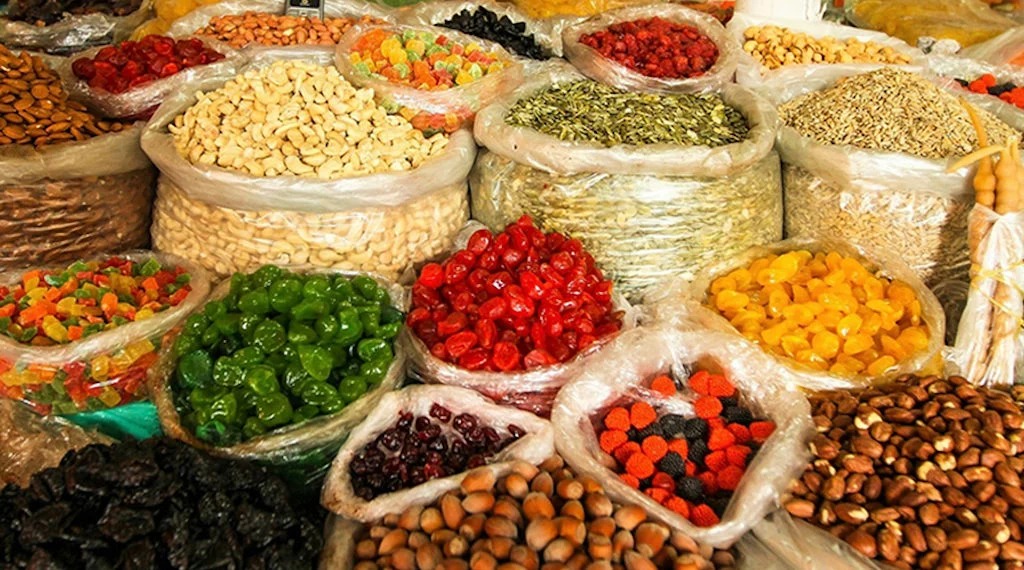A report from the Cadre Harmonise highlights the impending food crisis in Nigeria, affecting approximately 26 million people in Borno, Sokoto, Zamfara, and the Federal Capital Territory (FCT) between June and August 2024. The Cadre Harmonise report is a collaborative effort between the Ministry of Agriculture and Food Security, the Food and Agriculture Organization (FAO) of the United Nations, and other partners.
This analysis covered 26 states and the FCT to assess the current food security situation and make future projections. Dominique Kouacou, the FAO country representative, emphasized that the report’s primary objective is to utilize available data to identify populations at risk of food and nutrition insecurity in the country.
Kouacou, represented by Dr. Abubakar Suleiman, Assistant FAO Representative (Programme), noted that the current crisis follows an unusual lean season, marked by persistent insecurity, including insurgency and banditry, natural resource-based conflicts, high food and agricultural input costs due to inflation and economic factors, and severe dry spells in some states immediately after the onset of rains. These factors collectively impacted the livelihoods and food security of many households during the lean season.
However, there is commendation for the government’s increasing efforts to empower communities and enhance their resilience for self-reliance. The FAO pledged ongoing support for these initiatives.
Dr. Ernest Umakhihe, the Permanent Secretary of the Ministry of Agriculture and Security, highlighted that the Cadre Harmonise analysis was conducted and validated by a team of skilled professionals over the past two weeks. He acknowledged that the results come at a time when the government is focused on revitalizing the nation’s economy and addressing food and nutrition insecurity challenges.
Despite the challenges posed by factors such as the lingering impact of COVID-19 on the global economy, the Russia-Ukraine war disrupting food systems and increasing input and food prices, and the removal of petroleum subsidies leading to food inflation and higher consumer prices, Dr. Umakhihe remained optimistic. He also pointed out that environmental and human factors, such as climate change, displacements due to insecurity, and seasonal flooding, continue to be recurring concerns.
